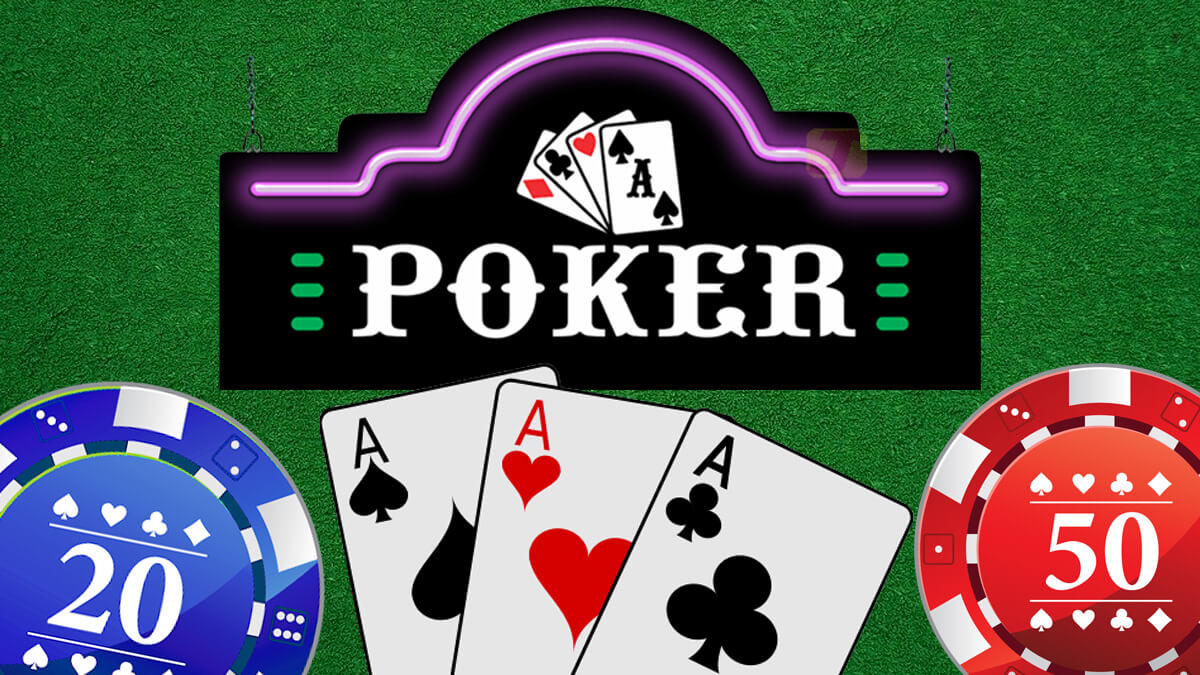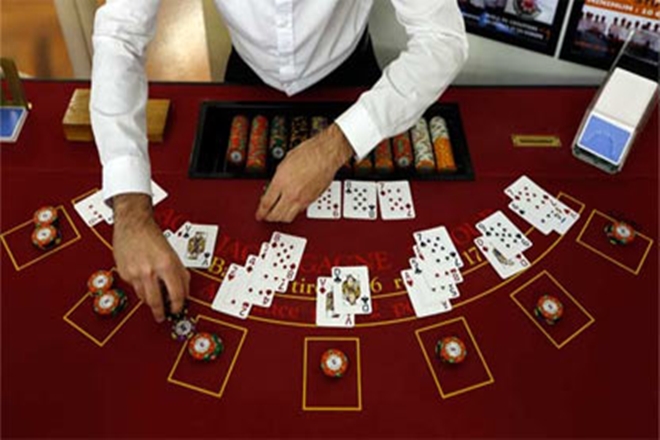Online poker is a popular form of entertainment for many people around the world. It offers the thrill of competition, the excitement of winning, and the opportunity to socialize with other players. However, behind all the fun and games lies a complex psychological process that influences every decision a player makes at the virtual poker table.
One of the key aspects of online poker is decision-making. Every hand dealt presents players with a series of choices that can ultimately determine whether they win or lose. The psychology behind these decisions is fascinating and plays a crucial role in how successful a player can be.
One important concept in understanding decision-making in poker online is risk assessment. Players must constantly evaluate the potential risks and rewards of each decision they make. This involves considering factors such as their own hand strength, their opponents’ likely holdings, and their position at the table. By weighing these variables, players can make informed decisions that give them the best chance of success.
Another crucial aspect of decision-making in online poker is emotional control. The game can be highly stressful and emotionally charged, especially during big hands or when facing tough opponents. Players must learn to manage their emotions effectively to avoid making impulsive decisions based on fear or frustration.
Furthermore, cognitive biases can also impact decision-making in online poker. These biases are mental shortcuts that our brains use to process information quickly but can lead to errors in judgment. For example, confirmation bias may cause players to seek out information that confirms their preconceived beliefs about a hand rather than objectively evaluating all available evidence.
Additionally, overconfidence bias can lead players to overestimate their abilities or luck which may result in reckless play and unnecessary losses.
To combat these cognitive biases and improve decision-making skills in online poker, players must develop self-awareness and critical thinking abilities. They should strive to analyze each hand objectively without letting emotions cloud their judgment.
Moreover, learning from mistakes is essential for growth as an online poker player. Reflecting on past decisions – both good and bad – allows players to identify patterns in their behavior and make adjustments accordingly.
In conclusion, online poker offers an intriguing blend of strategy, skill, and psychology that makes it a captivating pastime for many enthusiasts worldwide. Understanding the psychology behind decision-making in this game can help players improve their performance at the virtual tables while also providing valuable insights into human behavior more broadly.




